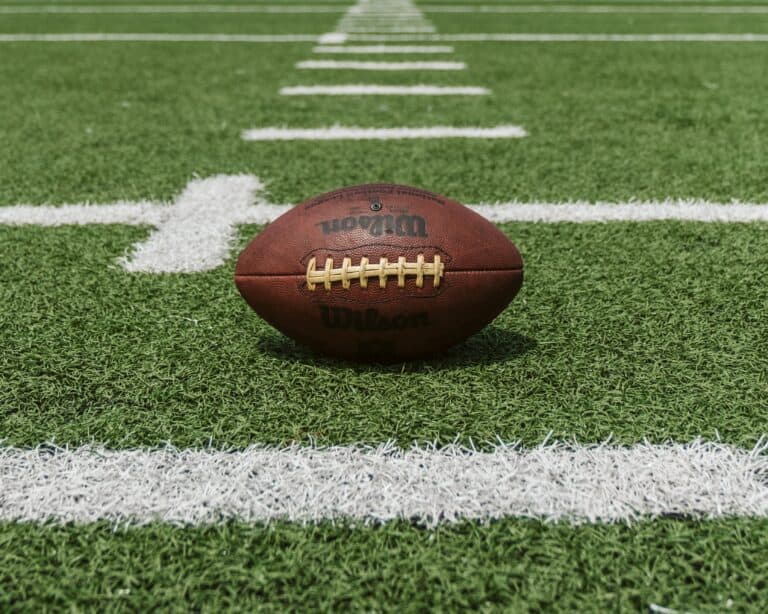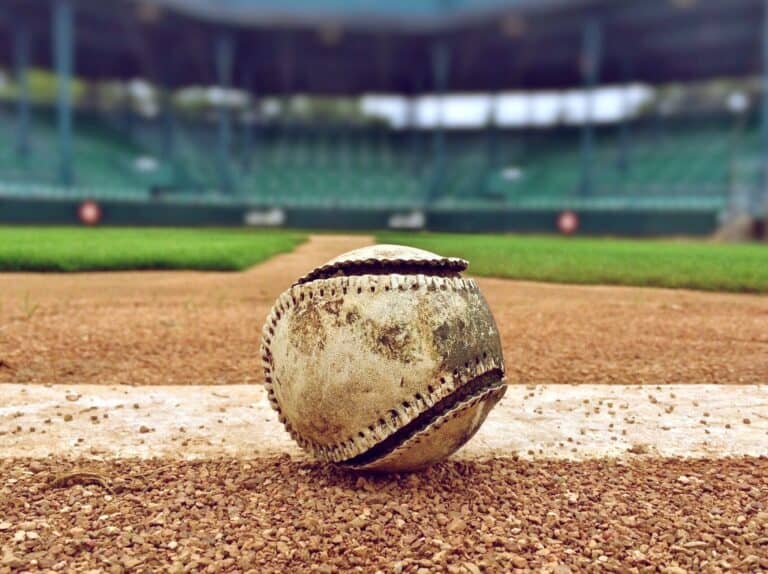
Benjamin Sachs is the Kestnbaum Professor of Labor and Industry at Harvard Law School and a leading expert in the field of labor law and labor relations. He is also faculty director of the Center for Labor and a Just Economy. Professor Sachs teaches courses in labor law, employment law, and law and social change, and his writing focuses on union organizing and unions in American politics. Prior to joining the Harvard faculty in 2008, Professor Sachs was the Joseph Goldstein Fellow at Yale Law School. From 2002-2006, he served as Assistant General Counsel of the Service Employees International Union (SEIU) in Washington, D.C. Professor Sachs graduated from Yale Law School in 1998, and served as a judicial law clerk to the Honorable Stephen Reinhardt of the United States Court of Appeals for the Ninth Circuit. His writing has appeared in the Harvard Law Review, the Yale Law Journal, the Columbia Law Review, the New York Times and elsewhere. Professor Sachs received the Yale Law School teaching award in 2007 and in 2013 received the Sacks-Freund Award for Teaching Excellence at Harvard Law School. He can be reached at [email protected].
I’ve been getting a number of press calls asking whether the NFL players who are sitting down during the national anthem might be disciplined by the League for doing so, or whether they enjoy legal protection against such employment action. I recommend, as a backgrounder on this issue, Michael McCann’s analysis in Sports Illustrated, which Vivian mentioned this morning. But, in my view, the players have a set of legal protections that has yet to garner much attention: namely, the protections of the National Labor Relations Act.
As McCann correctly observes, the First Amendment doesn’t do much work in the NFL context, given that the NFL is a private sector workplace. Perhaps the players could try to import the First Amendment to the private sector through a Novosel-type public policy tort (one of the great cases in the employment law canon), but that is likely a longshot. On the other hand, the National Labor Relations Act provides plausible protection here. As the Board and the courts (including the Supreme Court) have made clear, employees’ “political” activity enjoys protection under the NLRA so long as that activity concerns the employees’ status qua employee, and so long as it is concerted activity. The photos of yesterday’s games leave zero doubt on the concerted front.
So, do the protests concern the players’ status as employees; as players? Most obviously, if more narrowly, the protests are now directed in part at President Trump’s comments about concussions and the new rules meant to address that crisis: Trump called the rules “soft.” To the extent that any player is expressing political opposition to a President that denigrates league safety rules, or player complaints about safety, the political expression is unquestionably related to the players’ status as players.
More broadly, as the players’ collective bargaining agreement repeatedly acknowledges, being an NFL player – being an NFL employee in this capacity – involves both on-the-field activity and an explicitly public role. To take one example, Paragraph 2 of the agreement states that a player must pledge to “conduct himself on and off the field with appropriate recognition of the fact that the success of professional football depends largely on public respect for and approval of those associated with the game.” Because the public-facing part of the job is part of the job, a player could reasonably believe that standing up for his vision of a just society – including one that features greater racial equality, less police violence, and more respect from political leaders – is part of what it means to be an NFL player. Some owners might disagree with this vision, and some players might as well. But that’s not the issue. So long as the player involved in the protest is expressing his vision of what our public life should be like, he has a viable claim that the expression is part of his role as an NFL player.
One last note. If I’m right, and the anthem protests are NLRA protected, then when President Trump calls for players to be fired for their protest, the President is asking the League to violate federal law.









Daily News & Commentary
Start your day with our roundup of the latest labor developments. See all
February 15
The Office of Personnel Management directs federal agencies to terminate their collective bargaining agreements, and Indian farmworkers engage in a one-day strike to protest a trade deal with the United States.
February 13
Sex workers in Nevada fight to become the nation’s first to unionize; industry groups push NLRB to establish a more business-friendly test for independent contractor status; and UFCW launches an anti-AI price setting in grocery store campaign.
February 12
Teamsters sue UPS over buyout program; flight attendants and pilots call for leadership change at American Airlines; and Argentina considers major labor reforms despite forceful opposition.
February 11
Hollywood begins negotiations for a new labor agreement with writers and actors; the EEOC launches an investigation into Nike’s DEI programs and potential discrimination against white workers; and Mayor Mamdani circulates a memo regarding the city’s Economic Development Corporation.
February 10
San Francisco teachers walk out; NLRB reverses course on SpaceX; NYC nurses secure tentative agreements.
February 9
FTC argues DEI is anticompetitive collusion, Supreme Court may decide scope of exception to forced arbitration, NJ pauses ABC test rule.